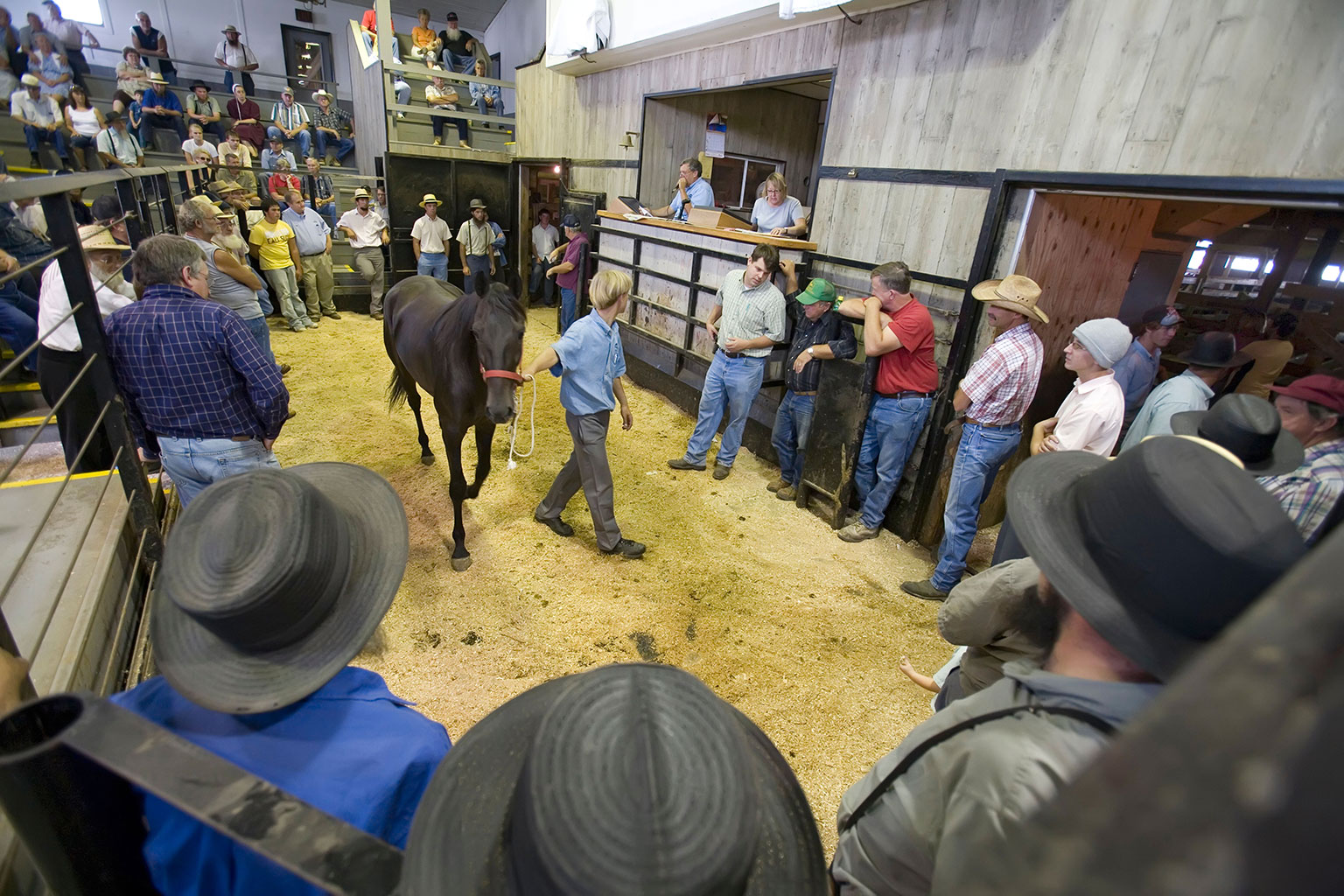With new horse auctions popping up seemingly almost daily, we get asked often for advice on whether it’s safe and legitimate. There are really two separate issues we’re dealing with in the horse industry. One category is actual scams where there isn’t a real horse involved; the category we’re focusing on here is real auctions with real horses. We put together this short guide and list of tips to help protect you and enable you to make a more informed decision.
1. Vet The Horse Ahead Of Time
Most auctions are very clear about the lack of any substantial guarantees. They basically will only guarantee that a horse will have vision in both eyes, will not crib, and will be sound for 24-72 hours, depending on the auction. This can be costly, especially if you’re looking at more than one horse, not knowing if you will be the ultimate buyer, but it’s much better than spending $20-200,000 on a lame horse. If x-rays are provided, make sure they have the horse’s registered name on them. While most vets are honest, it doesn’t prevent an unscrupulous seller from using a barn name and switching the x-rays with another horse.
2. Attend The Sale In Person
You are much more likely to know if a horse is legitimately being represented honestly, and the seller is someone you can trust if you talk to them personally. Since you have little recourse after getting the horse, do your homework! Avoid buying if the only option is online or over the phone unless you know and trust the seller and the sale manager personally. Many of these new auctions are being set up by individuals just as a way to market their own horses.
3. Set Your Budget Ahead Of Time
One of the reasons you’re seeing these prices go from $100-200,000 for horses at auctions this past year is because they are counting on people getting caught up in the excitement and wanting to win! Know how much you’re willing to spend ahead of time, be disciplined, and don’t go over your max, even if it’s only $1,000. Do not EVER tell anyone associated with the auction or the seller what you’re willing to pay. They have other people bidding that will run the price up to that amount. Many sellers will set up dummy accounts to bid on their own horses.
4. Watch Your Surroundings
While you’re at the auction, even before your horse comes in, watch the auctioneer, the ring staff, and frequent bidders. There’s an alarming trend in the industry with more and more auctioneers and ringmen trying to manipulate prices. Don’t EVER bid while the price is going up seemingly thousands of dollars every second; this a technique auctioneers are using to get the starting bids up higher in hopes that an actual bidder might accidentally jump in when they get the price up. They’re usually not even looking for genuine bidders while making their runs. If you notice several times that the auctioneer gets to the end of the bidding on a horse only to have to roll back the price and say something like, “I thought we had Joe in at x price, let’s start the bidding again at.” If it happens once or twice, it could be an honest mistake; if it happens over and over, it’s a dishonest ring staff, and you should either gather your things and leave or make sure you follow tip number 2! If it does happen, say something to the sale manager. The only way things will change is if people speak up!
5. After The Purchase
If you do purchase a horse at an auction, be sure to have your vet examine him once he arrives home. Not necessarily from a lameness perspective (because there’s not much you can do about it at that point) but more for wellness to protect your other horses. It’s not uncommon for horses to pick up things when they’re around new horses and traveling on trailers. We run SAA tests on every horse that comes on our property so that we can stay ahead of any sickness and give preventative medications. Most things are very manageable if you stay on top of it with good protocols.
There are a few reputable horse auctions that have been in business for decades, but there will always be those bad apples out there that leave a bad taste for people about the whole horse industry. That’s why we’re trying to do our part to help educate people.

